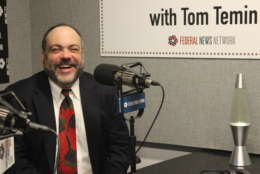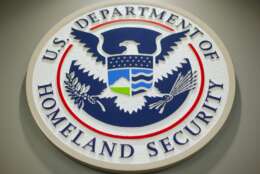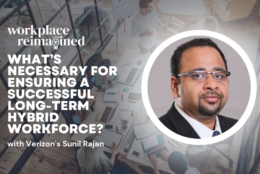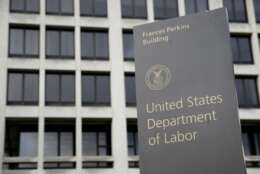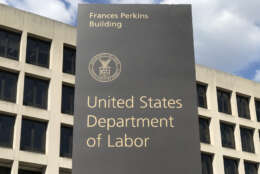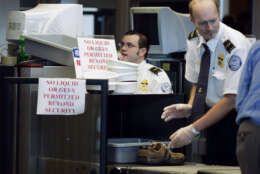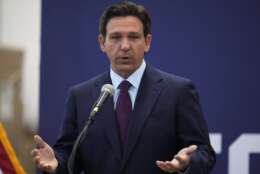Workforce Rights/Governance
-
DHS wants to make sure employees at the Counter Weapons Office of Mass Destruction stay feds, even if Congress lets the office's authority terminate.
October 24, 2023 -
Remarkably, even when national unemployment rates hover around 3.5%, individuals with disabilities still find themselves disproportionately underrepresented in the workforce. In 2022, a mere 21.3% of disabled individuals were gainfully employed. This stark disparity demands immediate attention and concerted efforts to rectify.
October 24, 2023 -
In today's Federal Newscast: Two congressmen are raising concerns about child care for essential workers during a government shutdown. D.C. Delegate Eleanor Holmes Norton has introduced a bill to keep the D.C. court system open during a government shutdown. And a conference committee prepares to hammer out differences over the annual defense authorization bill.
September 20, 2023 -
Luckily, most federal employees do not have contact with the Office of Special Counsel (OSC), which deals with, among other things, bad treatment by supervisors, whistleblower retaliation, and mistreated veterans. But when you need the OSC, you can have a powerful ally, which has been led for six years by Henry Kerner, who will be moving on soon, as his term up expires. Federal Drive Host Tom Temin talked to Henry Kerner.
September 18, 2023 -
Federal Drive Host Tom Temin's guest is a former federal chief information officer, who served in both political and non-political appointed positions. He has a thing or to say about government performance and delivering on programs. And he's published a book about it. Former IRS and Homeland Security CIO Richard Spires joins Tom Temin for this conversation.
September 15, 2023 -
After telling their supervisors they were pregnant, the CBP employees allege that they were forced into temporary light duty status and saw cuts to benefits such as overtime pay and promotional opportunities.
September 05, 2023 -
DHS wants to increase meaningful in-person work, but “the range of workplace flexibilities has, and will continue to, look differently across the department,” DHS' CHCO writes.
August 31, 2023 -
Since the government moved swiftly in the wake of the pandemic to continue services, it now must reevaluate what’s required to support a hybrid workforce long term. Verizon’s Sunil Rajan shares both the challenges and the benefits.
August 30, 2023 -
The Social Security Administration (SSA) is on the Government Accountability Office's High Risk List. It is there primarily because of its long-term fiscal uncertainty and questions about whether, in the long run, it can pay the benefits it owes retired Americans. But SSA also has an other internal management problem, stemming from its Office of Inspector General.
August 15, 2023 -
In today's Federal Newscast: An IRS watchdog says the handling of sensitive taxpayer records is often sloppy. CISA launches a new program to help bolster the network security of critical infrastructure organizations. And Republicans look to "get feds out of the classroom" by freezing hiring at the Education Department.
August 15, 2023 -
Persistence and focus have paid off for one Labor Department policy advisor. His beat for 23 years of federal service has been access for people with disabilities, access to transportation, jobs, and technology at the federal and state levels.
August 10, 2023 -
In today's Federal Newscast, the Labor Department's Office of Federal Contract Compliance Programs is strengthening its ability to investigate and remedy employment discrimination allegations filed against federal contractors.
August 10, 2023 -
After a historic pay raise, TSA is now working on an expanded collective bargaining agreement. We look at how we got to this point, and what comes next for airport screeners and other TSA employees.
August 07, 2023 -
In today's Federal Newscast: Military families will now be able to use $5,000 in pre-tax income to care for dependents. DoD's CIO mandates new rules for buying cloud services. And presidential candidate Ron DeSantis will "start slitting throats" of federal employees his first day on the job.
August 04, 2023 -
A new cyber workforce strategy outlines four goals aimed at changing the way the DoD manages and trains cyber workers.
August 03, 2023




